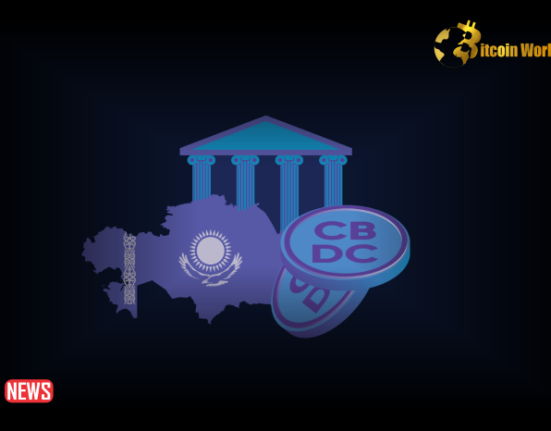The Bank of Japan recently shared the findings of its report on central bank digital currencies (CBDCs). With Japan already in the pilot phase, this article delves into the objectives and progress of its program. Additionally, it examines the global landscape, where numerous countries actively explore CBDCs, while debates surrounding their implementation unfold in the United States.
Japan’s CBDC Pilot Program Takes Flight :
In April 2023, the Bank of Japan launched its pilot program to test central bank digital currencies. The program aims to evaluate the end-to-end process flow, assess challenges in connecting external systems, and explore solutions proposed during the proof of concept phase. Since April 2021, Japan has progressed through two phases, focusing on technological advancements and partnerships with intermediaries offering digital accounts.
Global Trends in CBDC Adoption :
Pursuing CBDCs has become a global phenomenon, with the Atlantic Council monitoring developments in 120 countries. To date, eleven countries, including the Bahamas and Nigeria, have successfully launched their own CBDCs. Meanwhile, eighteen countries, such as Japan, India, and China, are currently in pilot stages. The Atlantic Council predicts that over 20 countries will take significant steps toward piloting a CBDC in 2023. Australia, Thailand, Brazil, India, South Korea, and Russia plan to initiate or continue pilot testing. The European Central Bank (ECB) is also expected to join the list with a pilot program in the near future.
Debates Surrounding CBDCs in the United States:
In the United States, the concept of a CBDC has sparked diverse reactions among lawmakers. A bill named the Power of the Mint Act was recently introduced by Republican Rep. French Hill of Arkansas and Democratic Rep. Jake Auchincloss of Massachusetts. This bill aims to restrict the Federal Reserve from issuing a CBDC. While advocates highlight the potential benefits of improved financial services, critics argue that CBDCs pose privacy concerns. Republican Sen. Ted Cruz and Rep. Tom Emmer have also presented bills to prevent the Federal Reserve from directly issuing a CBDC to individuals. The Federal Reserve has emphasized that no decision has been made, stating that any CBDC implementation would require congressional approval.
As the Bank of Japan advances its CBDC pilot program, global interest in central bank digital currencies continues to grow. While some countries progress toward full implementation, others engage in pilot testing. The United States, on the other hand, grapples with debates and proposed legislation surrounding the adoption of a CBDC. The future of CBDCs remains intriguing, with numerous countries and stakeholders actively exploring their potential benefits and challenges.














